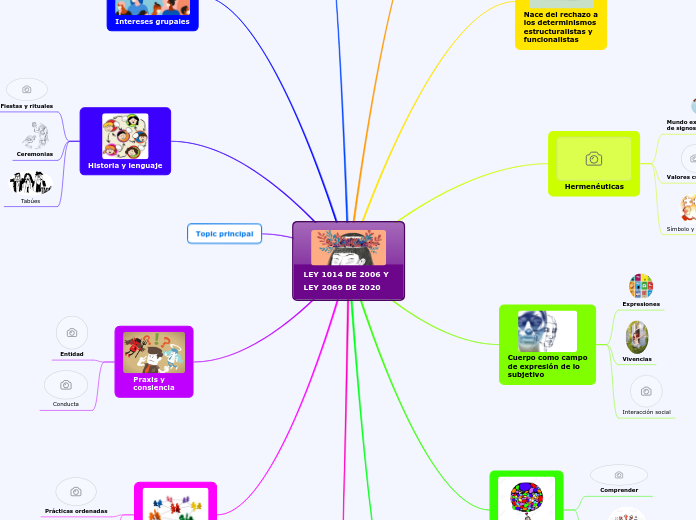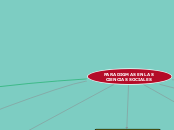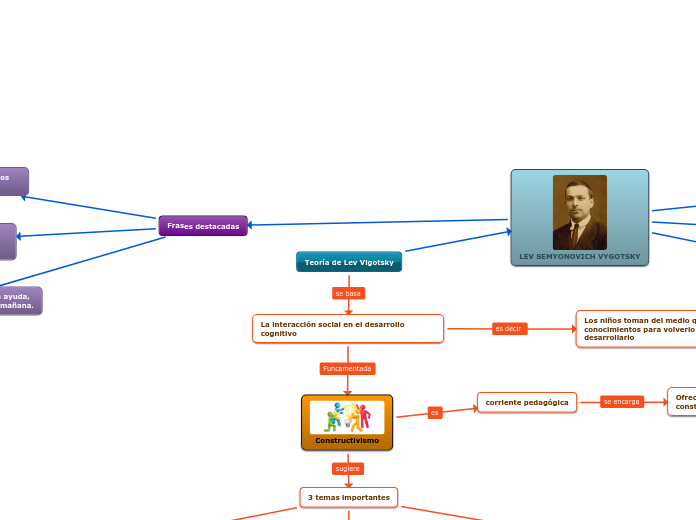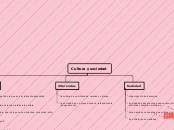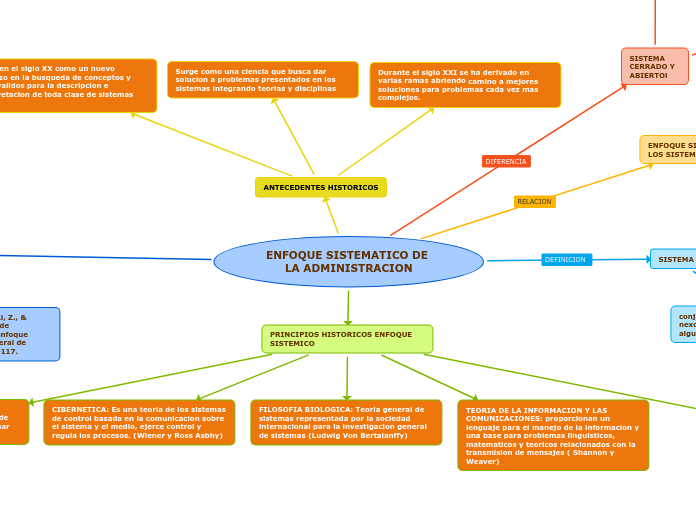LEY 1014 DE 2006 Y
LEY 2069 DE 2020
A noun is a word that functions as the name of some specific thing or set of things, such as living creatures, objects, places, actions, qualities, states of existence, or ideas.
Análisis conversacional
Estructuras
Compound nouns are words where two nouns have been stuck together to make a new noun. Compound nouns should be written as one word, without a hyphen.
Relaciones sociales
Prácticas ordenadas
Praxis y
consiencia
Generic nouns are nouns that are part of a generic statement. Generic nouns can be singular or plural. The opposite of generic nouns is collective nouns.
The difference between definite/indefinite and generic nouns is that in the sentence there must be a blanket statement or question.
Conducta
Entidad
Topic principal
Historia y lenguaje
Proper nouns are the names of specific people or places. They should always begin with a capital letter.
Tabúes
Ceremonias
Fiestas y rituales
Intereses grupales
A concrete noun is a noun that can be identified through one of the five senses (taste, touch, sight, hearing, smell).
Realizado por: Juan Esteban Garcia Ficha:2591836
Razonamiento
Teoría del discurso
Reflexibilidad
Countable nouns are nouns that can be counted, even if the number might be extraordinarily high.
Uncountable nouns are nouns that come in a state or quantity which is impossible to count; liquids are uncountable, as are things which act
like liquids.
Conciencia de las acciones
Comprender
Cuerpo como campo
de expresión de lo
subjetivo
Common nouns are words for people, places or things that aren’t specific (as opposed to a proper noun which refers to only one person, place or thing).
Common nouns can be countable or uncountable, singular or plural.
Interacción social
Vivencias
Expresiones
Hermenéuticas
A noun which refers to a group of things/people.
Símbolo y lenguaje
Valores culturales
Mundo expresado a través
de signos
Nace del rechazo a
los determinismos
estructuralistas y
funcionalistas
A noun which cannot be identified by using one of the five senses (taste, touch, sight, hearing, smell).
orientadas al emprendimiento
Colombiano.
Irregular nouns are nouns which don’t follow a spelling pattern when pluralized.
Aumentar el bienestar social
